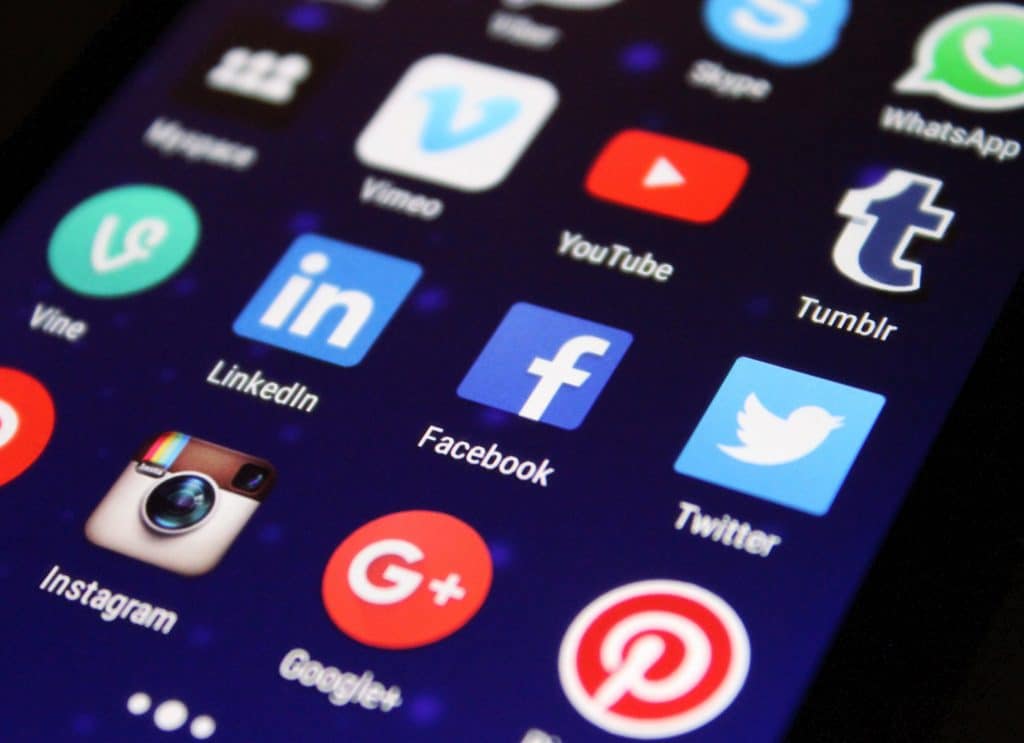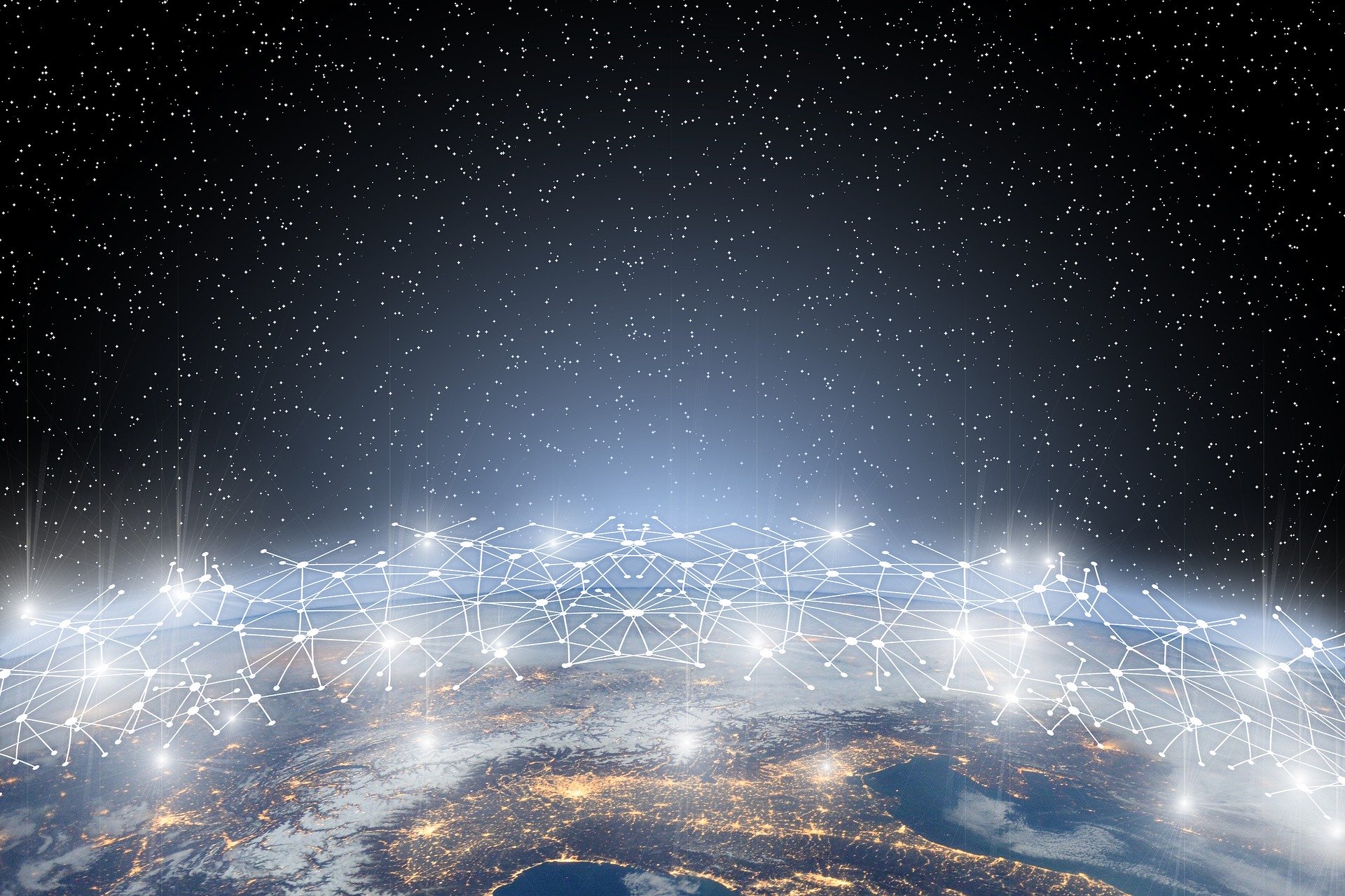Because I am regularly identified as a “Tech Pastor,” I often get asked what I think are best practices regarding social media. Many people regularly seek to be formed in the most helpful ways possible, and consequently, want to know what is or isn’t acceptable behavior. When it comes to social media, one thing I often suggest for spiritual growth is discerning when it is appropriate to block or unfollow someone.
In my experience, most individuals, at some level, genuinely want to become a better person. This means that, in any given context, one must consider what is the best ethical practice for a situation. Because social media is relatively new in the history of humanity and it is constantly evolving, such considerations can be confusing.
What complicates the matter even more is when one is seeking to follow the teachings of Jesus. Christians often want to follow Christ, but the waters seem to be muddied in context. Am I really doing justice with my comments, or am I just fanning the fire of conflict methodology? Am I actually showing grace, or am I just letting so-and-so off the hook? If I block or unfollow someone, am I really showing him or her the love of Christ?

It all depends. And social media doesn’t make it any easier to figure out in context. It’s often not fair that that person is attacking you with no accountability. It seems that on the Internet, nearly anyone can be baited into trollish retaliation. It is like any other situation in life: put in the wrong set of circumstances, any of us can get goaded into poor choices. It also increasingly seems to be the case within tech that right action rarely feels straightforward.
It is for these reasons that we all need to learn our personal limits. This means that we may fail initially, but that we need to learn from our mistakes, have grace with one another, practice prayerful discernment, and learn the crucial skill of social media blocking. In some cases, it really is the case that they will know we are Christians by our block or our unfollow.
If we are being forthright, when we choose to block or unfollow someone on social media isn’t always about the person you are taking the action against. Actually, most of the time, the action is about understanding what limits we need in order to flourish.
If we are being forthright, when we choose to block or unfollow someone on social media isn’t always about the person you are taking the action against. Actually, most of the time, the action is about understanding what limits we need in order to flourish. Proper social media etiquette is about learning to discern what one’s boundaries are and cultivating a desire to act with integrity. In a world of online rants and unfiltered opinions, that can be difficult and emotionally overwhelming. It is important to manage what one consumes.
At our best, humans are vulnerable creatures. We empathize, care for, and steward one another. When we let in unfiltered social media noise, we voluntarily expose ourselves to information that can harm us.
Imagine what 100 misguided tweets or anger-ridden Facebook posts can do to someone’s mental health. How many negative Instagram or Snapchat images does it take to form a person into a depressive state? Your psyche is precious; don’t let it get abused.
As much as we want might want to be or get “tough” by enduring such damaging chatter, there is a point where no good is done to us as people by consuming ill-intended or even thoughtless information. What is most challenging about discerning where our limits are is that often, the damage is done before we know it has occurred. Many times, we only recognize that something is wrong when we begin experiencing Social Media PTSD.
Imagine what 100 misguided tweets or anger-ridden Facebook posts can do to someone’s mental health. How many negative Instagram or Snapchat images does it take to form a person into a depressive state? Your psyche is precious; don’t let it get abused.

I am not saying that there isn’t value in understanding other people’s opinions. There certainly is! But there is a difference between learning about a different perspective and being psychologically abused. It does us good to carefully consider the distinction.
Social media can be a great tool for us to use in community. It can be a place where we lift each other up and work together in a sort of hive-mind experience to figure out problems and experience life together. But that assumes that we will be vigilant about trying to care for one another by stewarding such spaces for good.
So the next time that you see something in your feed that seems really profane, inappropriate, or makes you want to retort something rash, consider the possibility that, instead of responding, you may be better off simply blocking or unfollowing the person who posted it. Because an ill-timed, hurtful retort often isn’t a good exchange for your integrity, whereas a selective pause…can always be undone.
Reality Changing Observations:
1. What do you think it is about social media tech that makes people believe that it is OK for them to act badly in a public space?
2. What do you think are helpful practices that can help prevent people from lashing out on social media?
3. In its ideal version, what do you envision that social media could be?





